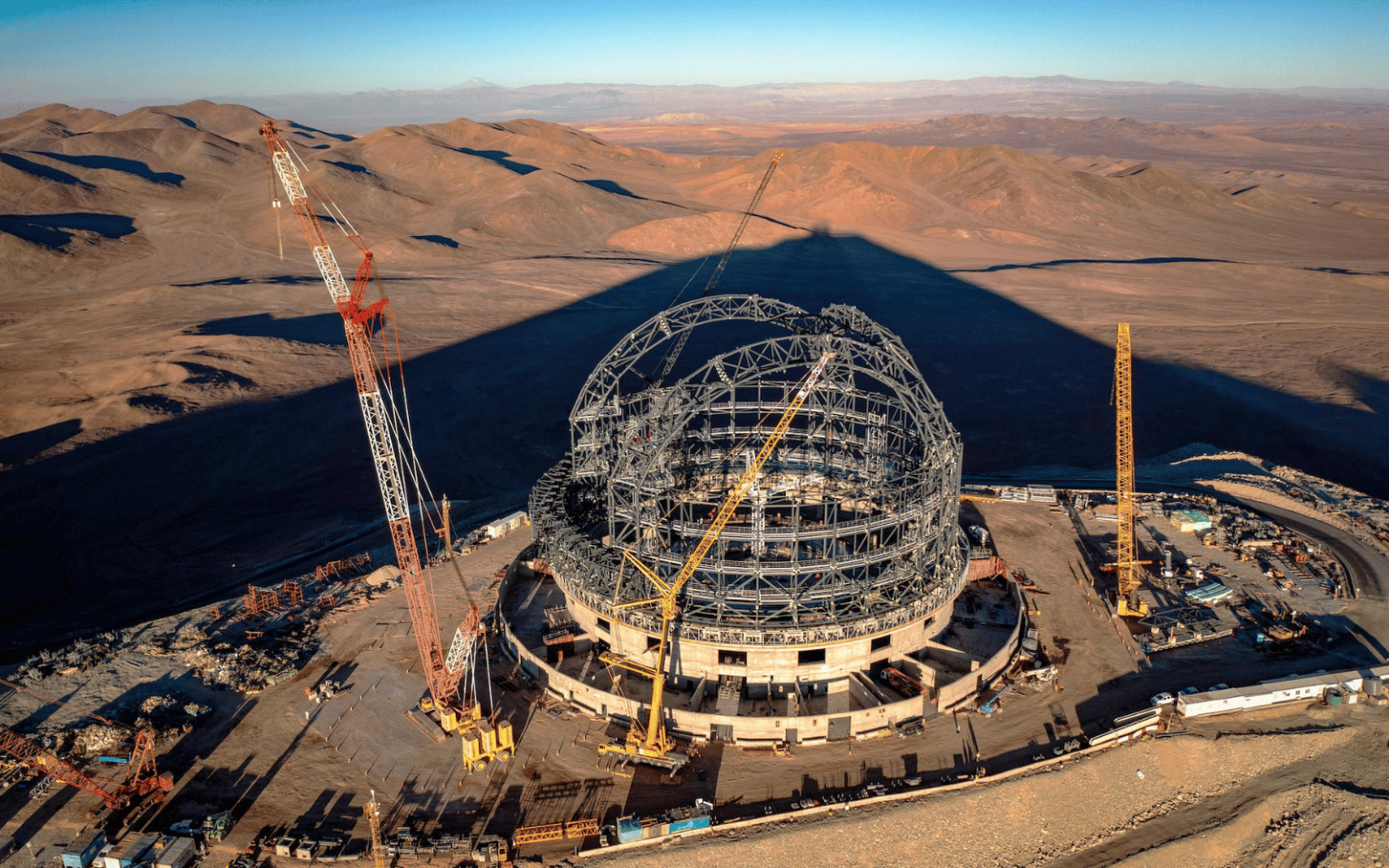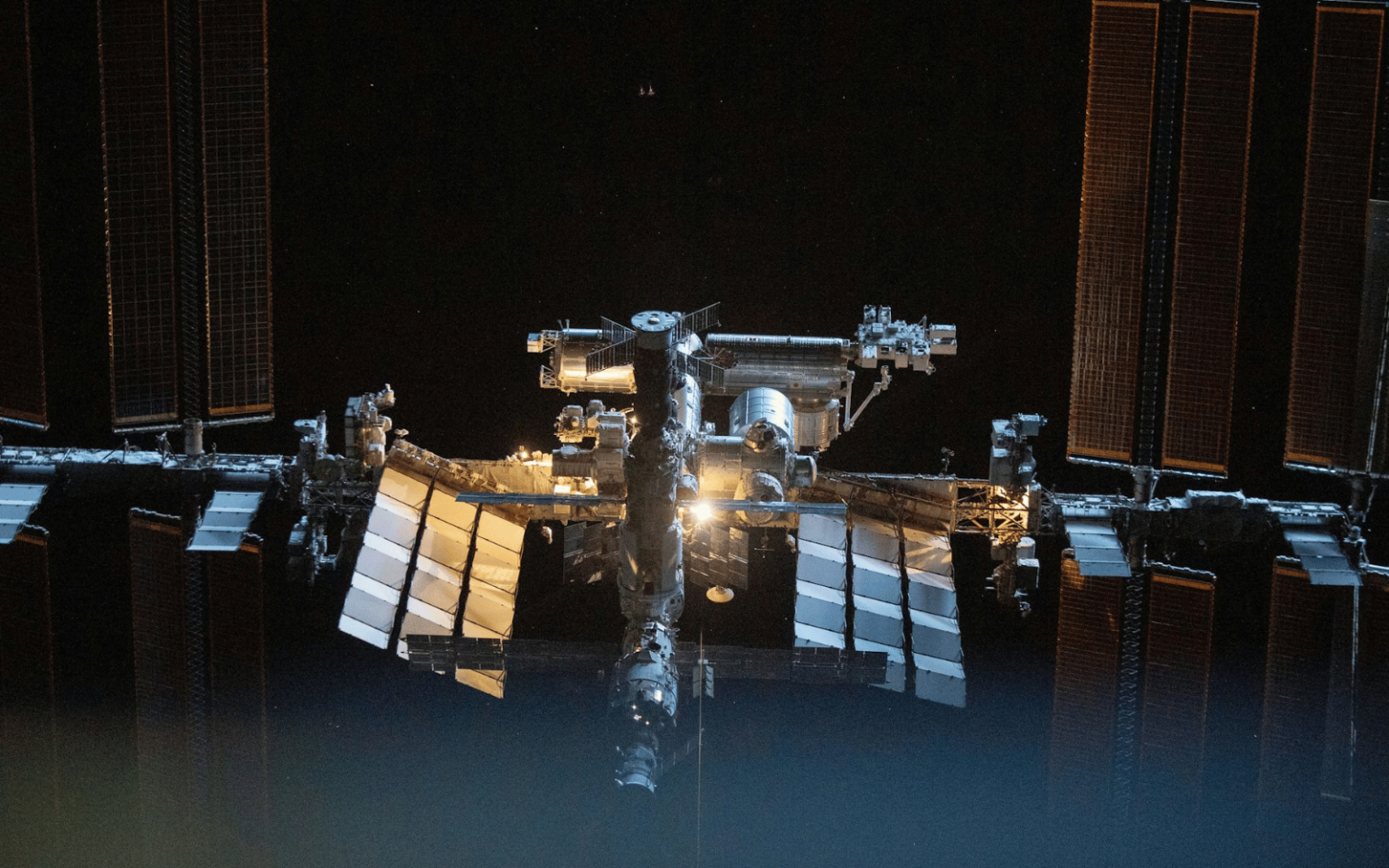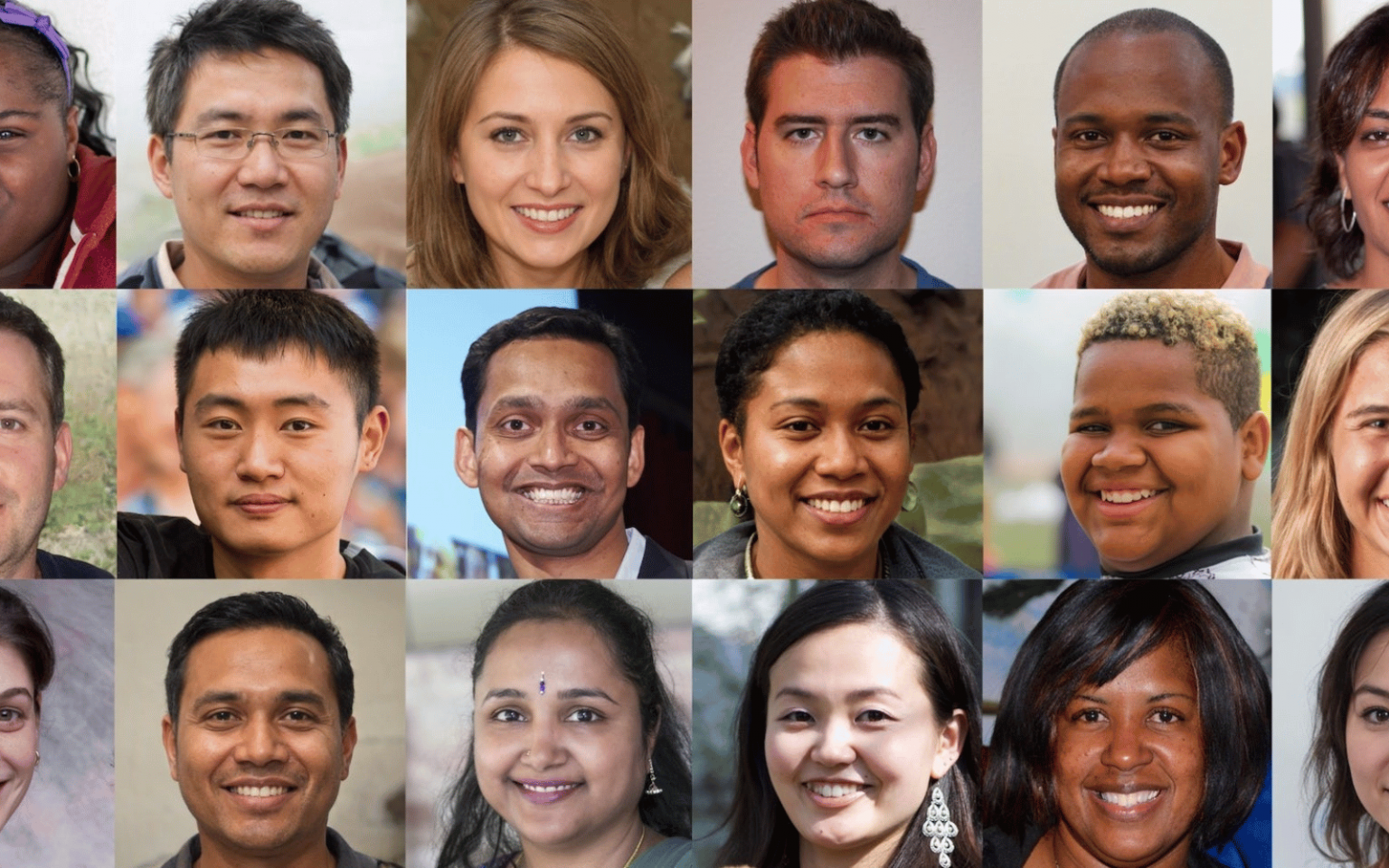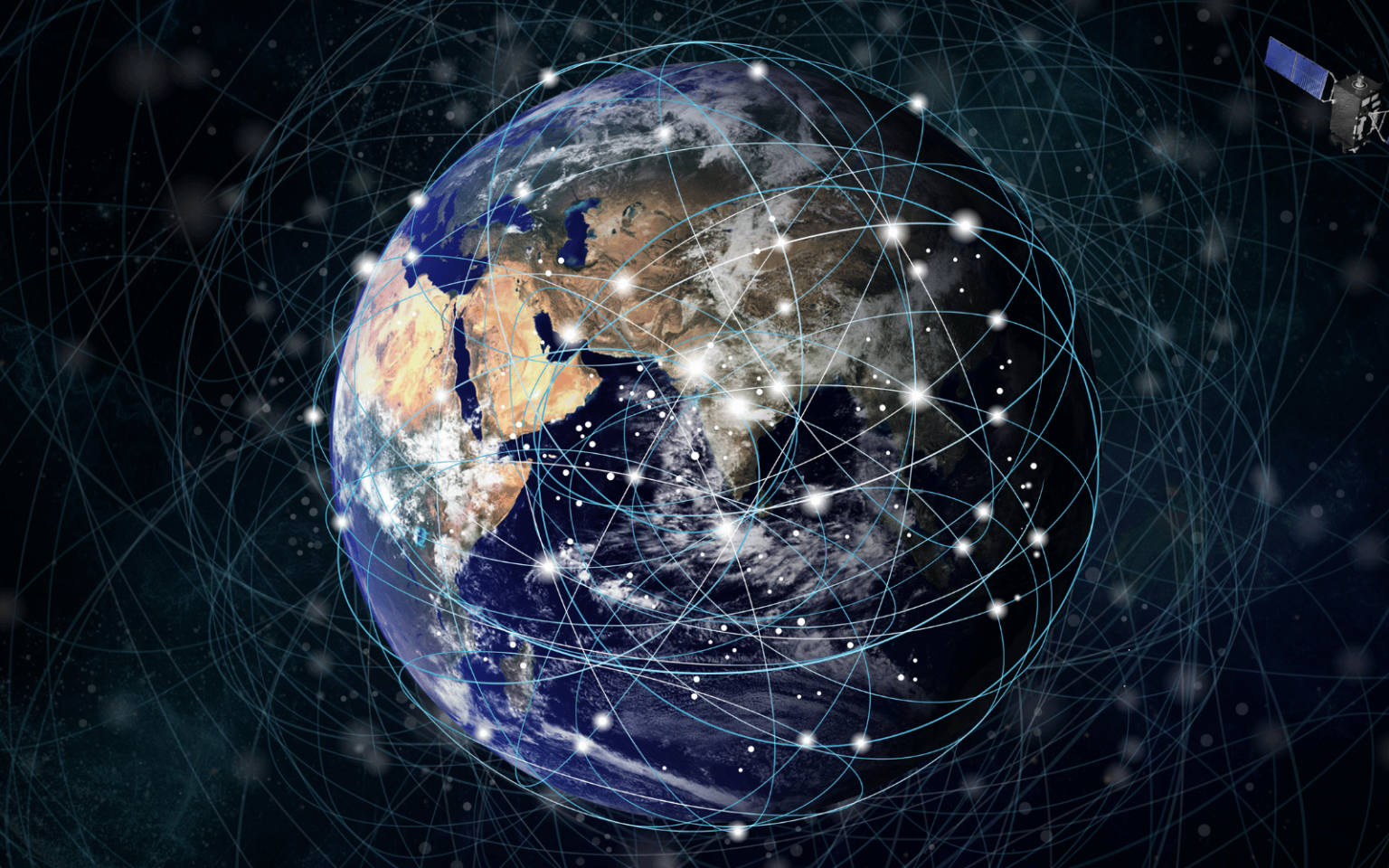In a time of war and populism, the world needs quality information and credible news outlets. Local news is a part of this healthy ecology. But news publishers have struggled to find ways to make money in recent years – especially as referral traffic and ad revenue from social media sites continue to fall. The monopoly power of large platforms, and the control they exert over news distribution, was one reason Australia’s competition authorities introduced the News Media Bargaining Code in 2021. This code has prompted Google and Meta to strike deals with a number of Australian media organisations, addressing the…
Author: The Conversation
In November, the UK government held the first AI (artificial intelligence) Safety Summit in the historically resonant setting of Bletchley Park, home to the legendary second world war codebreakers led by the computing genius Alan Turing. Delegates from 27 governments, heads of the leading AI companies and other interested parties attended the meeting. It was convened to address the challenges and opportunities of this transformative and fast-evolving technology. But what, if anything, did it achieve? Decisions about the development of AI are overwhelmingly in the hands of the private sector, especially the tiny number of big tech companies with access to vast stores…
If you can get your hands on a telescope, there are few sights more spectacular than the magnificent ringed planet – Saturn. Currently, Saturn is clearly visible in the evening sky, at its highest just after sunset. It’s the ideal time to use a telescope or binoculars to get a good view of the Solar System’s sixth planet and its famous rings. But in the past few days, a slew of articles have run like wildfire through social media. Saturn’s rings, those articles claim, are rapidly disappearing – and will be gone by 2025! So what’s the story? Could the next couple of months,…
Astronomers get to ask some of the most fundamental questions there are, ranging from whether we’re alone in the cosmos to what the nature of the mysterious dark energy and dark matter making up most of the universe is. Now a large group of astronomers from all over the world is building the biggest optical telescope ever – the Extremely Large Telescope (ELT) — in Chile. Once construction is completed in 2028, it could provide answers that transform our knowledge of the universe. With its 39-metre diameter primary mirror, the ELT will contain the largest, most perfect reflecting surface ever made. Its…
Commercial companies are increasingly becoming involved in transporting astronauts to the International Space Station (ISS), as well as other activities in orbit. Some, such as Houston-based Axiom Space, eventually want to build their own space stations in orbit, where commercial astronauts could make extended stays. This could also provide more money and opportunities for science to be carried out in low Earth orbit. But it also raises a host of safety concerns, because it will add to the already troublesome issue of space junk. There are also implications for the environment, because rockets produce greenhouse gas emissions that contribute to climate…
From smart toasters to fitness collars for dogs, we live in a world where everything around us is gradually being connected to the internet and fitted with sensors so that we can interact with them online. Many people worry about the privacy risks of using these devices because they may allow hackers to listen to our conversations at home. But the contracts for using them are so long we don’t understand which other rights we might be signing away. During research for my book, I found that using Alexa’s voice command triggers 246 contracts that we have had to accept in…
For a while, limitations in technology meant that animators and researchers were only capable of creating human-like faces which seemed a little “off”. Films like 2004’s The Polar Express made some viewers uneasy because the characters’ faces looked almost human but not quite, and so they fell into what we call the “uncanny valley”. This is when artificial faces (or robots more generally) look increasingly human and get very close to resembling us while still showing signs of being artificial, they elicit discomfort or even revulsion. Recent advances in artificial intelligence (AI) technology mean that we have well and truly crossed the…
In September 2021, Rwanda announced that it was planning to launch over 300,000 satellites. Three months later, a Canadian company, having previously launched two dozen CubeSats, said it would launch an additional 100,000. Then, a French company did likewise. And SpaceX, which has already launched around 5,000 satellites, now has plans for over 60,000 more. There are currently only about 8,000 active satellites in orbit. What’s going on? Before a satellite is launched, a nation state must file its proposed satellite system with the International Telecommunication Union (ITU) to coordinate radiofrequency spectrum on behalf of the satellite operator, which could be a company, university or government agency. These filings…
As artificial intelligence (AI) reaches the peak of its popularity, researchers have warned the industry might be running out of training data – the fuel that runs powerful AI systems. This could slow down the growth of AI models, especially large language models, and may even alter the trajectory of the AI revolution. But why is a potential lack of data an issue, considering how much there are on the web? And is there a way to address the risk? Why high-quality data are important for AI We need a lot of data to train powerful, accurate and high-quality AI algorithms. For instance, ChatGPT was…
Artificial intelligence (AI) is a label that can cover a huge range of activities related to machines undertaking tasks with or without human intervention. Our understanding of AI technologies is largely shaped by where we encounter them, from facial recognition tools and chatbots to photo editing software and self-driving cars. If you think of AI you might think of tech companies, from existing giants such as Google, Meta, Alibaba and Baidu, to new players such as OpenAI, Anthropic and others. Less visible are the world’s governments, which are shaping the landscape of rules in which AI systems will operate. Since…











